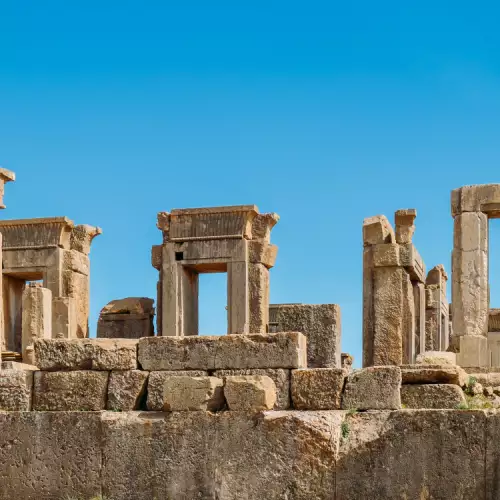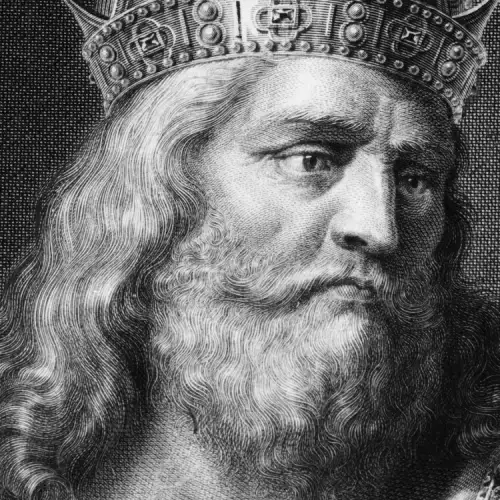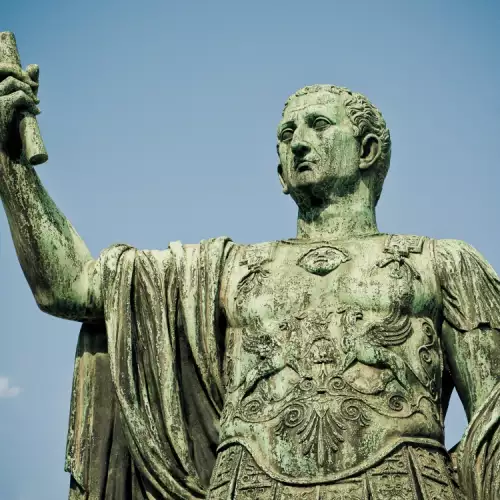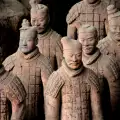 Ancient China
Ancient China Ancient Civilizations
Ancient Civilizations Ancient Egypt
Ancient Egypt Ancient Greece
Ancient Greece Archeology
Archeology Artifacts and Manuscripts
Artifacts and Manuscripts Atlantis
Atlantis Bible
Bible Bulgarian Treasures
Bulgarian Treasures Dinosaurs
Dinosaurs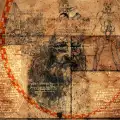 Facts
Facts Historical Events
Historical Events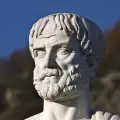 Historical Figures
Historical Figures History of Bulgaria
History of Bulgaria Inventions and Discoveries
Inventions and Discoveries Legends
Legends Maya Civilization
Maya Civilization Mythical Creatures
Mythical Creatures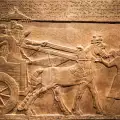 Mythology
Mythology Prehistoric Humans and Animals
Prehistoric Humans and Animals Roman Empire
Roman Empire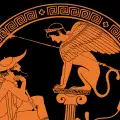 Thracians
Thracians Vikings
Vikings World History
World History
Facebook
Favorites
Twitter
Pinterest
 The History of the Huns
The History of the Huns22 Nov.
 The Life of the Ancient Romans
The Life of the Ancient Romans22 Nov.
 Ötzi The Iceman
Ötzi The Iceman21 Nov.
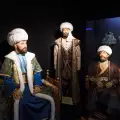 The Arab Caliphate
The Arab Caliphate20 Nov.
 Who are the Atlanteans?
Who are the Atlanteans?19 Nov.
 Aristotle - The Story of The Great Philosopher
Aristotle - The Story of The Great Philosopher15 Nov.
 Mughal Empire
Mughal Empire13 Nov.
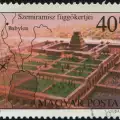 Mythology: The Rise and Fall of Babylon
Mythology: The Rise and Fall of Babylon22 Oct.
 The History of the Roman Empire
The History of the Roman Empire21 Oct.
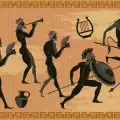 The Life of the Ancient Greeks
The Life of the Ancient Greeks19 Oct.
 Who are the Franks?
Who are the Franks?19 Oct.
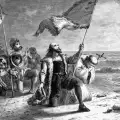 Christopher Columbus - Facts, Voyages and Discoveries
Christopher Columbus - Facts, Voyages and Discoveries16 Oct.
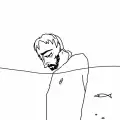 The Myth of the Punishment of Tantalus
The Myth of the Punishment of Tantalus05 Apr.
